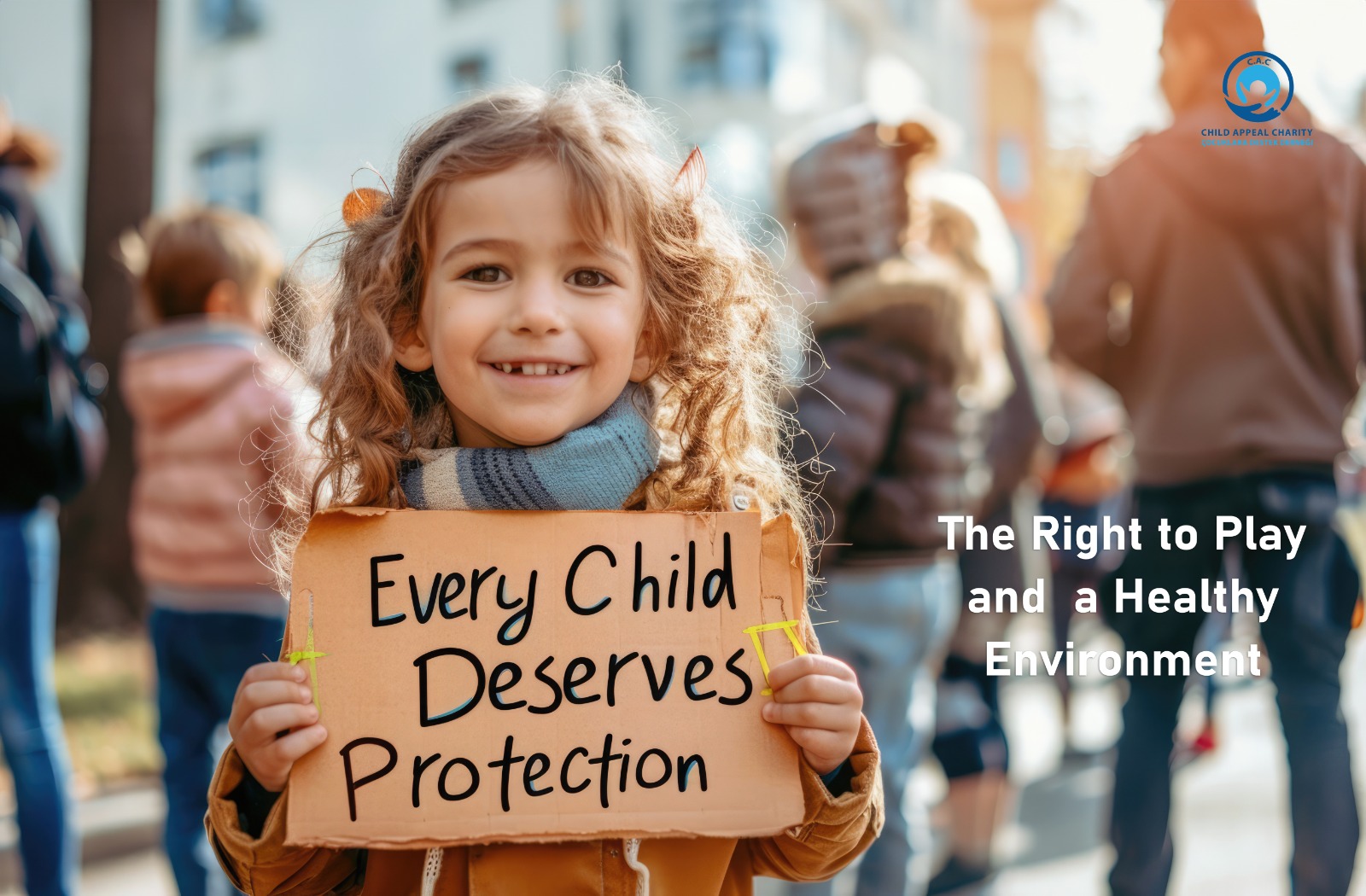The Importance of Children’s Rights in Play and Environmental Rights
Children’s rights encompass a broad spectrum of fundamental freedoms and entitlements that are crucial for their holistic development. Among these rights, the right to play and the right to a safe and nurturing environmental rights hold significant importance due to their profound impact on a child’s physical, emotional, and cognitive well-being.
The right to play is not merely a frivolous indulgence but a fundamental aspect of childhood that fosters creativity, social skills, and problem-solving abilities. Play is the medium through which children explore the world around them, develop their imaginations, and build resilience. It is through play that children learn to navigate challenges, negotiate relationships, and discover their strengths and interests. Therefore, ensuring that every child has access to safe and stimulating play opportunities is essential for their overall development.
According to a publication by the American Academy of Pediatrics, play allows children to use their creativity while developing their imagination, dexterity, and physical, cognitive, and emotional strength (1). Furthermore, the United Nations High Commission for Human Rights has emphasized the importance of play as a right for all children, as stated in the Convention on the Rights of the Child.
you can also check World Health Day: 1 in 3 children suffer from malnutrition
Similarly, the right to a supportive and sustainable environment is paramount in safeguarding children’s health and well-being. Children are particularly vulnerable to environmental hazards, such as pollution, lack of access to green spaces, and climate change, which can have detrimental effects on their physical and mental health. By promoting and protecting the quality of the environment in which children grow and learn, we not only fulfill our duty to safeguard their rights but also contribute to creating a more sustainable and equitable future for all.
A publication by the World Health Organization discusses the influence of environmental factors on children’s health and development, emphasizing the need for safe and healthy environments (2). Additionally, UNICEF’s reports on child rights and the environment highlight the interconnectedness of environmental sustainability and the well-being of children, advocating for policies and practices that prioritize both.
In realizing children’s rights to play and a safe environment, it is imperative that policymakers, educators, and communities work together to create inclusive and child-friendly spaces that prioritize the well-being of the youngest members of society. Investing in playgrounds, parks, and recreational facilities that are accessible to all children, regardless of their background or abilities, is essential in ensuring that every child can exercise their right to play freely and safely. Furthermore, implementing policies that promote environmental conservation, sustainable urban planning, and eco-friendly practices not only benefits children in the present but also ensures a healthier and more prosperous future for generations to come.
In conclusion, recognizing and upholding children’s rights to play and a healthy environment is not just a moral imperative but a strategic investment in building a more prosperous and sustainable society. By prioritizing the well-being and development of children today, we lay the foundation for a brighter and more inclusive future for all.
Sources:
American Academy of Pediatrics (2007). “The Importance of Play in Promoting Healthy Child Development and Maintaining Strong Parent-Child Bonds.” Pediatrics, 119(1), 182-191.
World Health Organization (2018). “Protecting Children from Harmful Environments. Retrieved from here






